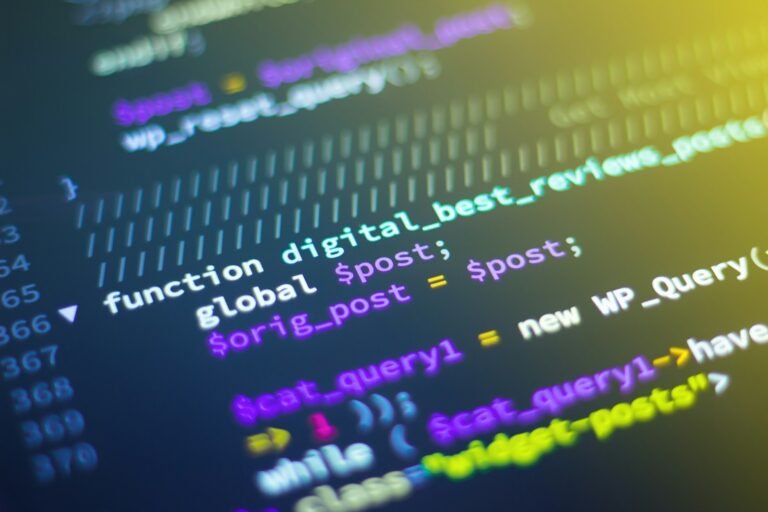Cybersecurity in the Modern Farm: When Data Meets the Fields
Farmers are using GPS, sensors, and satellite data more than ever to make smarter decisions about planting, watering, and harvesting. It’s a powerful shift that helps grow more food with fewer resources. But behind the automation is a growing risk
These aren’t just theoretical risks. In 2021, a major beef processor had to stop operations after paying a $11 million ransom. Groups like REvil and BlackMatter have turned their sights on grain storage and farm cooperatives, exploiting weak spots to steal data or force downtime. The stakes go beyond money. Crop data — like fertilizer use or harvest patterns — could be stolen and sold to competitors. Worse, such data could fall into the wrong hands, including groups that might use it to disrupt food supplies. And with so many devices on the network, the chances of a breach grow with every new connection.
Key Cybersecurity Risks in Farm Operations
- Farm equipment as an entry point: Tractors, harvesters, and irrigation systems are often running old software with no updates. Hackers can exploit these gaps to get inside the farm’s network and take control of operations.
- Ransomware attacks are real and rising: Attacks on processing plants and storage facilities are becoming common. Once a system is locked down, downtime can last days — and costs can reach millions.
- Data theft with serious consequences: Crop data isn’t just about profits. It can reveal sensitive farming practices. If stolen, it could be used to gain a competitive edge or even be weaponized to disrupt food supply chains.
- IoT devices are poorly secured: Thousands of sensors and connected devices run on weak passwords or default settings. Without patches or real security, they become easy targets for hackers.
- Proactive steps are needed now: Farms and cooperatives must adopt strong passwords, keep software updated, and run regular security checks. Working together with tech providers and regulators can help build better defenses.
The future of farming depends on data — and that data must be protected. If we don’t act now, the next breach could leave a farm running blind, or worse, threaten the food supply we all rely on.





